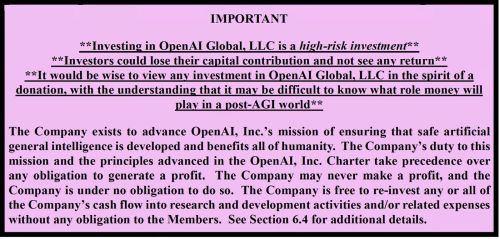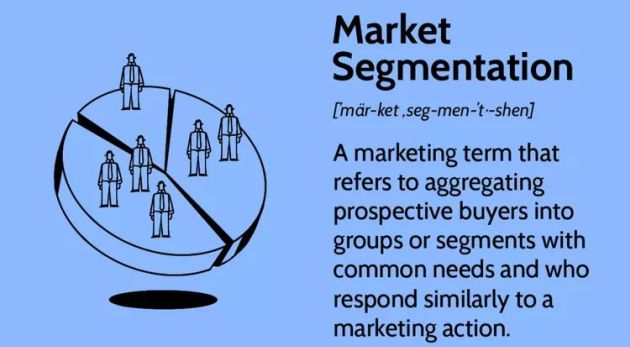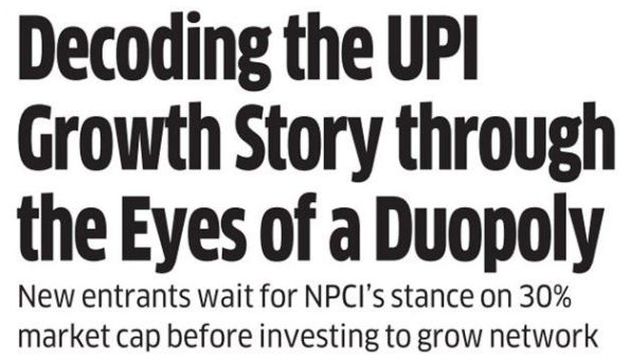 In Ten Revolutionary Things About AI – Part 1, we described five gamechangers about ChatGPT and other Generative Artificial Intelligence platforms.
In Ten Revolutionary Things About AI – Part 1, we described five gamechangers about ChatGPT and other Generative Artificial Intelligence platforms.
In this Part 2, we shall cover five more revolutionary things about AI.
6. Weird Regulatory Proposals
There are broadly two lobbies for regulating Gen AI:
A) Closed Source (via Sam Altman and Vinod Khosla): Tightly regulated, closed source.
B) Open Source (via Mark Zuckerberg and Marc Andreessen): Unregulated, open source.
Under the Closed Source approach, every AI / LLM model will be tested by government and certified. Once approved, nobody can change the weights of the model. This reminds me of the “Type Approval” concept used for approving modems, VSATs, and other datacom products in the pre-1991 LQR (License Quota Raj) era of India.
7. Customization Is Illegal!
Custom-developed software is tailor made for a company’s requirements.
COTS / Onprem product software is not tailor made for a customer’s specific requirements but it still can be customized to an extent. You can get an essence of how far customization can be stretched from the following case study:
CASE STUDY: CUSTOMIZATION – THUS FAR AND NO FURTHER
A Fortune 100 company wanted to modify its ERP solution such that it allowed the company to ship a consignment before its customer opened the Letter of Credit. This goes exactly opposite to the standard business process in exports where the LC is opened first and the consignment is shipped next. When the company stipulated this requirement to a leading ERP vendor during the CRP (Conference Room Pilot) phase, the vendor balked and asked how the company could deviate from the global practice. The honchos of the company replied, “What’s your problem if we ship in the morning and browbeat the SBI Jamnagar branch manager to open the LC in the afternoon?”After a week or two, the vendor came back and told the customer that its corporate HQ has rejected this change request because it would shake up the foundation of the core data structure of its product. In a huff, the customer canceled the order and placed it on a small ERP vendor. Lacking pushback skills, this vendor said, “yes sir, yes sir, three bags full, sir”, without realizing what it was getting into. But, when it actually made this change to its software during the implementation, its ERP keeled over, and the implementation failed. The customer canceled the order and went back to the MNC vendor. A year later, everybody forgot the background, and the small vendor’s reputation was permanently damaged.
Cloud / SaaS made customization more difficult but not impossible, especially if the customer is willing to pay! While SAP forbids any customization of the PUBLIC version of its S/4 HANA Cloud ERP software, it does offer a PRIVATE version for 3X the price that can be customized.
See some examples in our blog post titled When ERP Projects Get Derailed By “Silly” Reasons.
Moral of story: While it’s not advisable to change standard software products, it’s possible to do so. The decision of how much to customize versus not customize is between the product vendor and the customer.
Customization may become unlawful if the Sam Altman / Vinod Khosla camp’s proposal for closed source regulation is approved. As noted earlier, under this regulatory framework, neither the owner nor the customer of an AI model can change its weights after it’s type approved, which effectively rules out customization.
By severly limiting – or even totally eliminating – customization, AI might elevate the trend of adopting a standard product to the next level.
Even govt agency wants to ADOPT, not customize, its ERP: "City of London will … embrace modern technologies, methodologies, and changes rather than ADAPT SAP to fit its current ways of working" ~ https://t.co/3x3HPz2i6q.
Aspirational but that's how ERP sales works.— Ketharaman Swaminathan (@s_ketharaman) February 22, 2024
8. Makes A Company Humane
You might have read about the Air Canada case where the airline’s website had a standard, customer-unfriendly policy on bereavement fare but its AI chatbot offered a different customer-friendly policy that included an upfront discount. The customer opted for the latter. The airline refused to honor the discount saying it deviated from its standard policy. The customer sued Air Canada. The court ruled in favor of the customer, saying the airline must own its chatbot’s actions.
This leads us to an interesting question: If unbridled capitalism makes corporations evil, can AI make them humane?
Money Stuff author Matt Levine makes a compelling case that it could – because it mimics a human, which, as a company, Air Canada does not.
The funny thing is that the chatbot is more human than Air Canada. Air Canada is a corporation, an emergent entity that is made up of people but that does things that people, left to themselves, would not do. The chatbot is a language model; it is in the business of saying the sorts of things that people plausibly might say. If you just woke up one day representing Air Canada in a customer-service chat, and the customer said “my grandmother died, can I book a full-fare flight and then request the bereavement fare later,” you would probably say “yes, I’m sorry for your loss, I’m sure I can take care of that for you.” Because you are a person! The chatbot is decent at predicting what people would do, and it accurately gave that answer. But that’s not Air Canada’s answer, because Air Canada is not a person.
In case you feel Air Canada will tweak its chatbot to make it tow its company policy the next time around, it might not be possible. If the Closed AI regulatory framework is passed, Air Canada CANNOT change AI weights, so it cannot change its answer so drastically the next time around.
Accordingly, AI can make a company humane.
On a side note, AI flagbearer OpenAI is established as a nonprofit and is committed to the humane development of AI. While it will monetize all versions of AI up to Artificial General Intelligence, it has pledged to donate AGI to humanity. Its “capped profit” subsidiary, in which Microsoft et al have invested billions, warns its investors to view any investment in OpenAI Global LLC in the spirit of a donation.

9. End of Founder’s Primacy
Recently, Mustafa Suleyman, Cofounder and CEO of Inflection AI, left the startup to join Microsoft. Suleyman was also the founder of DeepMind, which was acquired by Google. A few days later, Emad Mostaque stepped down as CEO of Stability AI, a London-based AI unicorn he founded in 2019.
Going by these two datapoints, I’m jumping to the conclusion that founders don’t play a primary role in AI. This is in sharp contrast from the early days of mobile, cloud or crypto. In the case of ERP, Hasso Plattner, the Founder and first CEO of SAP, is still on the supervisory board of the company after 50 years.
I’m not the only one who has noticed this trend. Here’s what Dan Primack says in a recent edition of Axios PRO:
Two doesn’t make a trend — you typically need three for that — but this already feels different than what we saw in the early days of mobile or cloud or even crypto. Founders have historically been tethered to their creations, often establishing dual-class stock structures to ensure it. And they certainly didn’t quit to go join an incumbent. Not only have founders stuck with their companies, but venture capitalists have typically wanted them to do so. That’s why so many VCs pontificate about how they really invest in people, not in ideas. AI might become the exception to that rule, where the idea reigns supreme. The founders aren’t dispensable, but they also aren’t always essential.
Founders of companies that led the previous technology waves established dual-class stock structures to ensure that they stayed tethered to their respective companies. In sharp contrast, Sam Altman owns no shares in OpenAI, dual class or otherwise.
10. Incumbent Escapes Curse of Innovator’s Dilemma
In the past technology waves, the incumbents were caught in the dust of denial e.g.:
- When CRM came along, enterprise software giant SAP ceded the top position to Salesforce.
- Despite being the leader of the desktop operating system world, Microsoft got nowhere in the mobile ecosystem.
- Search giant Google lost out to Facebook, Twitter / X, LinkedIn, and other social networks.
In sharp contrast, in the case of AI, incumbent Microsoft has not only avoided the curse of the Innovator’s Dilemma but has ridden the wave of the new technology to become the world’s most valuable company.
We’re still in the very early innings on AI, but the game doesn’t look quite the same. – Dan Primack, Axios PRO Rata.


